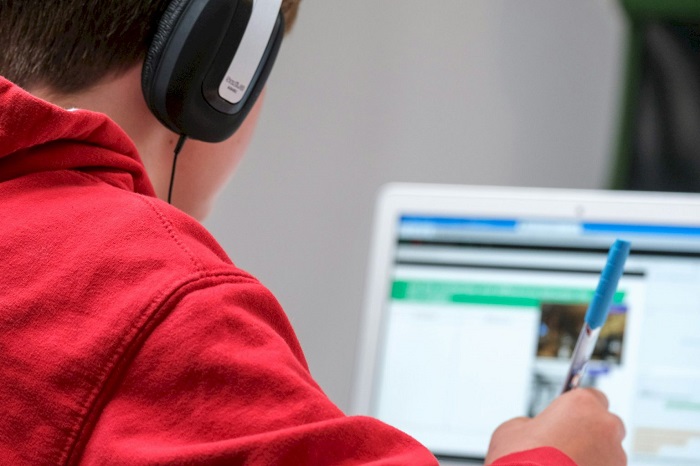
The recently released Programme for International Student Assessment (PISA) 2023 rankings has raised alarms about the educational performance of 15-year-olds worldwide, particularly in Europe. The findings from the Organisation for Economic Co-operation and Development (OECD) reveal notable trends that underscore the urgency for equitable access to quality education on a global scale.
Educational Disparities on the Rise
PISA 2023 sheds light on the widening gap between high-performing nations, such as China, Singapore, and Estonia, and less-advantaged regions where students struggle to keep pace. This disparity emphasizes the crucial need for universal access to quality education.
Emphasis on Creative Thinking
An interesting development highlighted by PISA 2023 is the growing emphasis on creative thinking alongside traditional academic skills. The assessment’s focus on mathematics, coupled with a test of creative thinking, reflects the increasing recognition of non-cognitive skills in the 21st century.
Top 10 Countries in PISA 2023
- Singapore – 560
- Macau – 535
- Taiwan – 533
- Japan – 533
- South Korea – 523
- Hong Kong – 520
- Estonia – 516
- Canada – 506
- Ireland – 504
- Switzerland – 498
Asian countries dominate the top rankings, with a mix of performance from Nordic countries and surprising results from lower-income countries like Vietnam outperforming wealthier nations like the United States.
AI and Education: A Controversial Coexistence
As PISA 2023 findings coincide with the rise of advanced language models like ChatGPT, concerns arise about the role of artificial intelligence (AI) in education. While AI can excel in tasks like summarizing information, it falls short in imparting the human elements crucial for fostering well-rounded individuals, such as critical thinking and innovation.
The Dilemma of AI in Exams and Assignments
The use of AI in exams and assignments sparks controversy among educators, with concerns that technology may be perceived by students as a shortcut to success. The global sentiment indicates dissatisfaction with the current education system’s reliance on testing and calls for a reevaluation of its suitability in today’s conditions.
In a world where children are active users of technology, the risk of interpreting AI as a means to bypass critical thinking in exams and assignments is a growing concern. As evidenced by ChatGPT passing an MBA exam, PISA 2023 results reflect the impact of evolving educational landscapes and the challenges posed by the integration of AI in learning.







